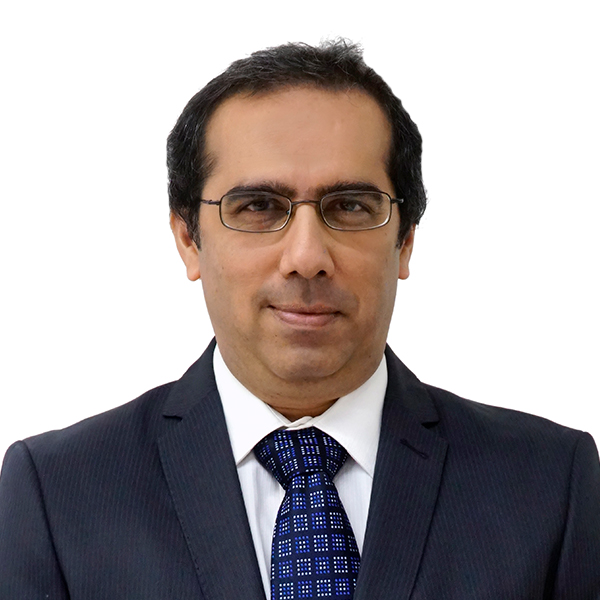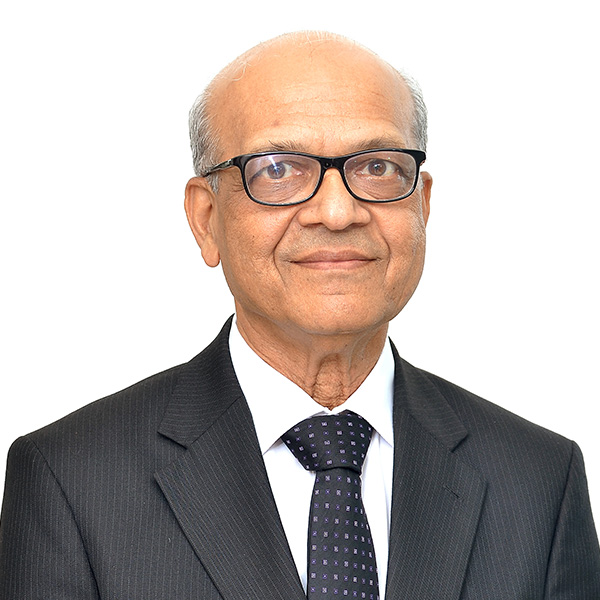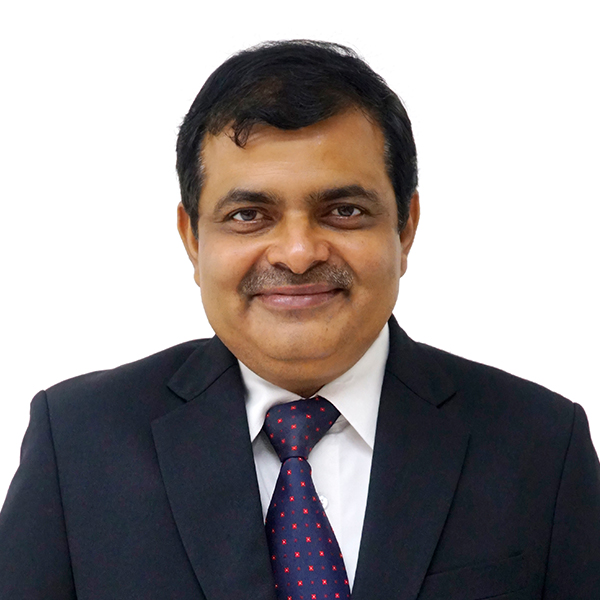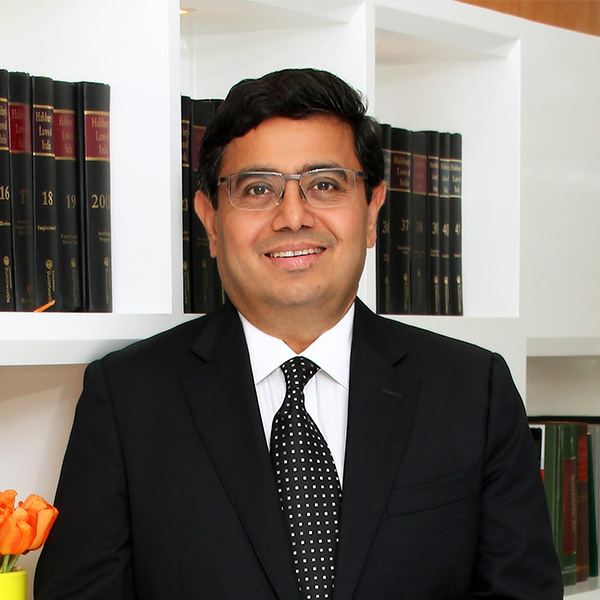Concurrent Tax Investigations: A Legal Analysis of Parallel Proceedings in the GST Framework
India has adopted the dual GST model because of its unique federal nature. Under this model, tax is levied concurrently by the Centre as well as the States on a common base, i.e. supply of goods or services, or both. GST to be levied by the Centre is called Central GST (Central tax / CGST) and that levied by the States/Union Territories is called State GST (State Tax/SGST)/ UTGST (Union Territory Tax).
In the intricate tapestry of India’s GST framework, the emergence of concurrent tax investigations can be attributed to this dual administrative structure, where both, Central and State Governments wield the authority to levy and administer GST. This duality can, however, result in situations leading to the potential scrutiny of a single transaction or entity by both, Central and State Tax authorities, leading to parallel proceedings.
To achieve the goal of a harmonised tax structure, Section 6 of the Central Goods and Services Tax Act (CGST Act) provides for cross empowerment of the Central and State Tax officers, with pari materia provisions in the SGST Act. However, since both, the Central and the State Tax authorities can exercise jurisdiction over an assessee, Section 6(2)(b) of the CGST Act expressly stipulates that where a Proper Officer under the SGST Act has initiated any proceedings on a subject matter, no proceedings shall be initiated by the corresponding Proper Officer under the CGST Act on the same subject matter. Similar provision is reciprocated in the State/Union Territories GST Laws.
The underlying purpose of Section 6 of the CGST Act is to safeguard a taxpayer from being subjected to multiple authorities for the same subject matter, whilst simultaneously empowering the Officers under the Central or State GST Acts to take appropriate action under law. This provision underscores the legislative intent to shield taxpayers from enduring multiple, concurrent investigations for the same set of transactions, ensuring administrative order and coherence, and preventing duplicity.
While construing the objective behind Section 6 of the CGST Act, it can be duly inferred that the same is guided by the principle of “Comity of Courts”, which essentially entails that a Court will not pass an order which would otherwise be in conflict with an order passed by another competent Court of law.[1] The said principle is rooted in Article 20(2) of the Constitution of India, safeguarding all persons against double jeopardy, the genesis of which emanates from the French maxim “autrefois convict”. Similarly, it echoes the Civil Law doctrine of ‘res judicata’, which on a constructive application, means that parties that have been subject to proceedings before one authority cannot be subject to proceedings on the same subject matter before another competent authority, having concurrent jurisdiction. All of these aforesaid principles, as also the legislative design behind Section 6(2)(b) of the CGST Act, 2017 point to the inescapable principle of law that no person shall be subject to multiple proceedings for the same event, either by multiple authorities or subsequently at a different point in time.
The above intent was further clarified vide Circular dated 05.10.2018 issued by the CBEC, explaining that both, the Central Tax Officers as well as the State Tax Officers are authorized to initiate intelligence based enforcement action on the entire taxpayer’s base “irrespective of the administrative assignment of the taxpayer to any authority”, and that the authority which initiates such action is empowered to complete the entire process of investigation, issuance of Show Cause Notice, adjudication, recovery, appeal, etc. It further clarifies that if such action is initiated by an officer against a taxpayer administratively assigned to the other tax authority, i.e. Centre or State, the jurisdictional officer must hold his hands. This implies that the initiating authority would not transfer the said case to its jurisdictional tax counterpart having administrative assignment over the taxpayer, but would itself take the case to its logical conclusion. Thus, Section 6 of the CGST Act read with the aforementioned Circular, clearly ensures that there is no overlap of jurisdiction by the Central and the State Tax Officers; rather it brings harmony between the Centre and the State Authorities for the same event of taxation.
There are and have been several instances where both, the Centre and State authorities have initiated action against a taxpayer, for the same subject matter, subjecting him to multiple jurisdictions, necessitating judicial intervention in light of the mandate under Section 6(2)(b) of the CGST Act. Recently, in the case of GK Trading,[2] the Hon’ble Allahabad High Court had the opportunity to interpret the terms ‘inquiry’, ‘proceedings’, and ‘subject matter’ in the context of the CGST Act. The Court while resorting to the provisions of the Civil Procedure Code, determined that ‘same subject matter’ refers to same cause of action for the same dispute involved in a proceeding before a Proper Officer. In this case, while the investigation was pending against the Petitioner, an inquiry was simultaneously launched under Section 70 of the Act. While emphasizing on ‘inquiry’ under the Act, the Court held that under Section 70, inquiry refers to summoning individuals for evidence or for producing documents before the Proper Officer, distinct from statutory steps preceding or following it. The inquiry process under Section 70 is specifically and cohesively defined by the purpose for which Chapter XIV of the Act empowers the Proper Officer, whereas the proceedings under Section 6(2)(b) are subsequent to the inquiry. Thus, it was concluded that ‘inquiry’ under Section 70 cannot be intermixed with ‘proceedings’ under Section 6(2)(b), and hence, the writ was dismissed finding that there was no ‘proceeding’ by the Proper Officer against the Petitioner, but merely an inquiry under Section 70.
A divergent view was taken by the Hon’ble Delhi High Court in the case of Indo International[3], where writ petitions alleging parallel investigation by SGST, CGST, and DGGI Zonal Units were filed, challenging the multiple summons, search operations, etc. The Petitioners therein contended that the issuance of such multiple proceedings by multiple agencies was violative of the mandate of Section 6(2)(b) of the CGST Act, as also the Circular dated 05.10.2018 issued by the CBEC. The Court while acknowledging the goal of a unified national market, clarified that the scope of Section 6 was limited to preventing overlapping of jurisdiction between Central and State Tax Officers. Unlike the Allahabad High Court’s view, here, the Court held that neither Section 6 of the CGST Act nor the Circular was intended to, or could be given an overarching effect to cover all the situations that may arise in the implementation of the CGST or the SGST Act. It doesn’t address situations where one authority willingly cedes jurisdiction to other due to vast and complex inquiry or the involvement of multiple taxpayers. Dismissing the case, the Court accepted the Respondent’s stand of centralization of investigation with DGGI, AZU for a consolidated handling.
There also have been instances when proceedings have been initiated both, by the Centre and State Tax authorities,[4] or by different wings of the same Department,[5] where the Courts have restrained simultaneous proceedings on the same subject matter by the other tax counterpart, or transferred the proceedings to a single authority for necessary inquiry/investigation.
In dissecting the complexities of parallel proceedings within India’s GST framework, it becomes evident that Section 6 of the Central Goods and Service Tax Act serves as a crucial regulatory mechanism, whereby initiation of proceedings by one authority automatically bars the jurisdiction of the other. The intricate interplay between Central and State tax authorities, guided by the overarching objective of creating a unified national market, necessitates a delicate balance.
Section 6 stands as a legal bulwark against the infringement of individuals’ rights, preventing the vexatious situation of a taxpayer facing multiple proceedings for a single event. The CBEC Circular dated 05.10.2018 further fortifies the statutory design, ensuring a streamlined process by specifying that the initiating authority retains jurisdiction over the entire investigative continuum. This clarity is pivotal in shielding the taxpayers from the onerous burden of multiple, concurrent investigations for the same set of transactions.
However, judicial interpretations, as exemplified by the aforementioned cases, unveil a nuanced landscape. While the Hon’ble Allahabad High Court emphasized the scope of Section 6 to prevent overlapping jurisdiction, the Hon’ble Delhi High Court, in Indo International, recognized the provision’s limitations in addressing myriad situations that may arise in administration and functioning of GST structure. While the Court underlined that strict enforcement of Section 6 may compel the officer to restrict his investigation, leading to an incomplete and inconclusive finding; it also emphasised that independent investigations by jurisdictional authorities may lead to contradictory conclusions, and defeat the very object of Section 6. In yet another set of cases, the Courts have exercised restraint upon the authorities to prevent jurisdictional overlap, and promoted a cohesive approach, while averting duplicity.
The dichotomy in judicial views reflects the intricacies inherent in the legislative framework. In light of these considerations, it becomes imperative for the legal landscape to evolve and address the nuances that surface during the implementation of the CGST and SGST Acts. While Section 6 stands as a safeguard against parallel proceedings, the complexities of real-world scenarios necessitate continual legal scrutiny and refinement. As India’s GST framework matures, legal clarity and harmonization between authorities will be essential to fortify the integrity of the taxation system and protect the interests of taxpayers.
[1] India Household and Healthcare Ltd. v. L.G. Household and Healthcare Ltd., AIR 2007 SC 1376
[2] G.K. Trading Company vs. Union of India, 2021 (51) G.S.T.L. 288 (All.)
[3] Indo International Tobacco Ltd. v. Vivek Prasad, Additional Director General, DGGI, 2022 (67) G.S.T.L. 403 (Del.)
[4] Vipulchandra Pursottamdas Mahant Prop of Vaibhavi Construction v. Assistant Commissioner Of State Tax, 2023 (7) TMI 99 (Guj).
[5] R. P. Buildcon Private Limited v. Superintendent, CGST & Central Excise, 2023 (68) G.S.T.L. 114 (Cal.)


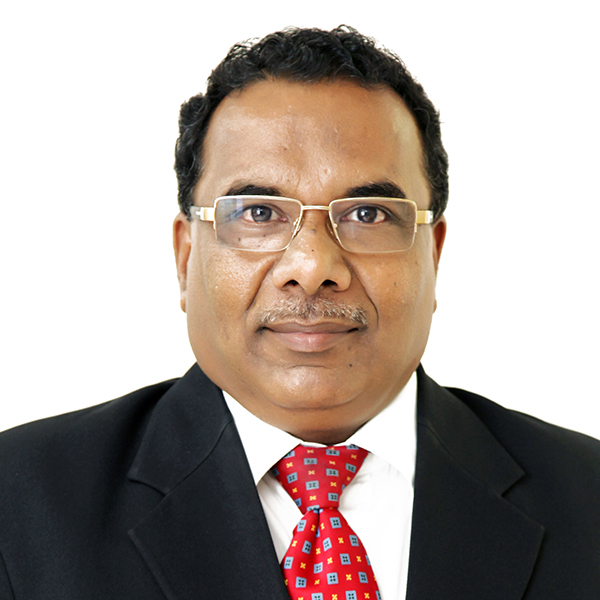
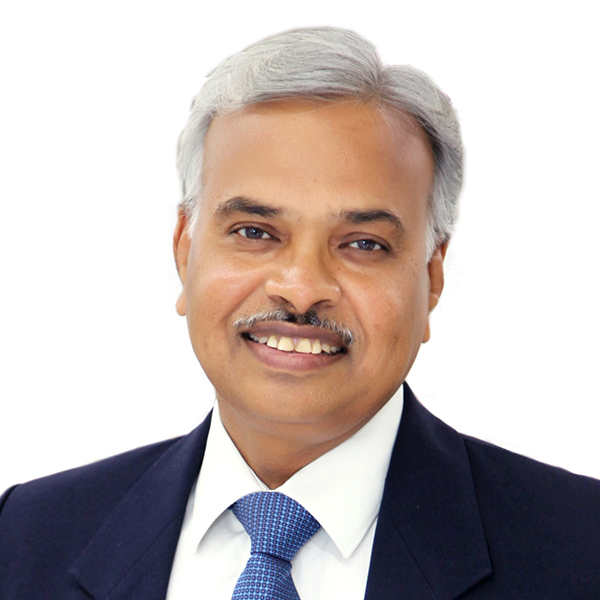
 Mumbai
Mumbai sushil@tlclegal.in
sushil@tlclegal.in